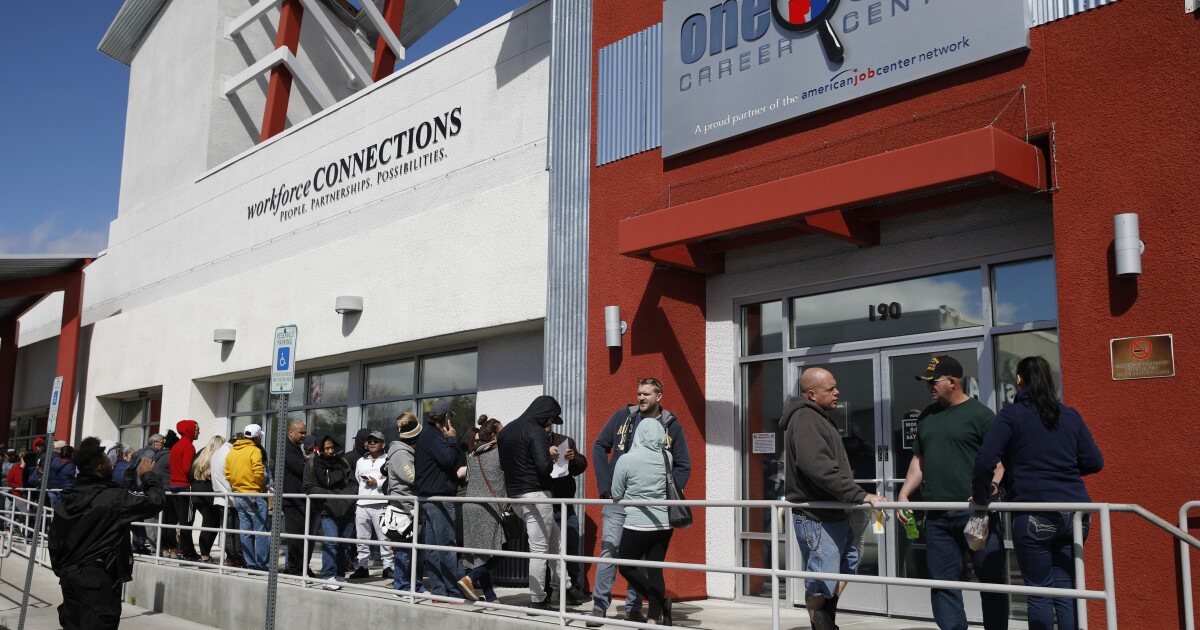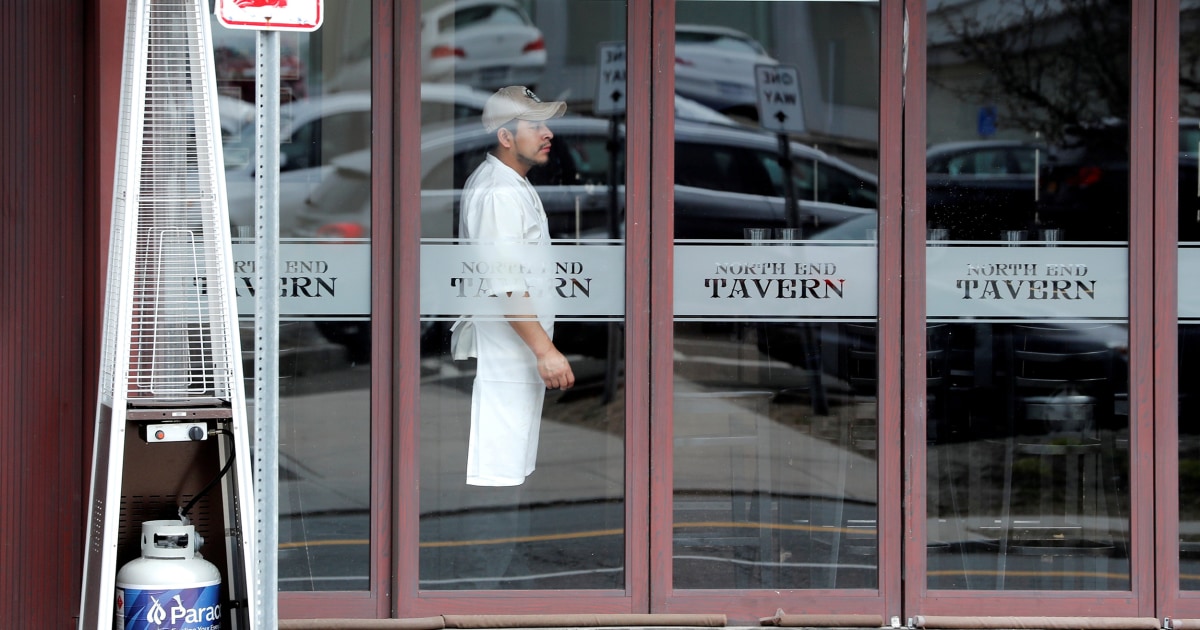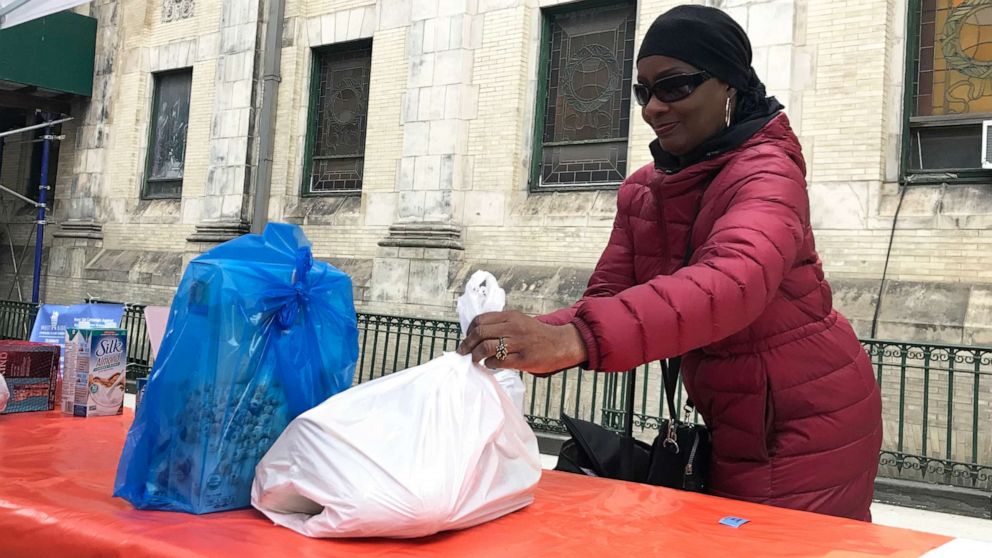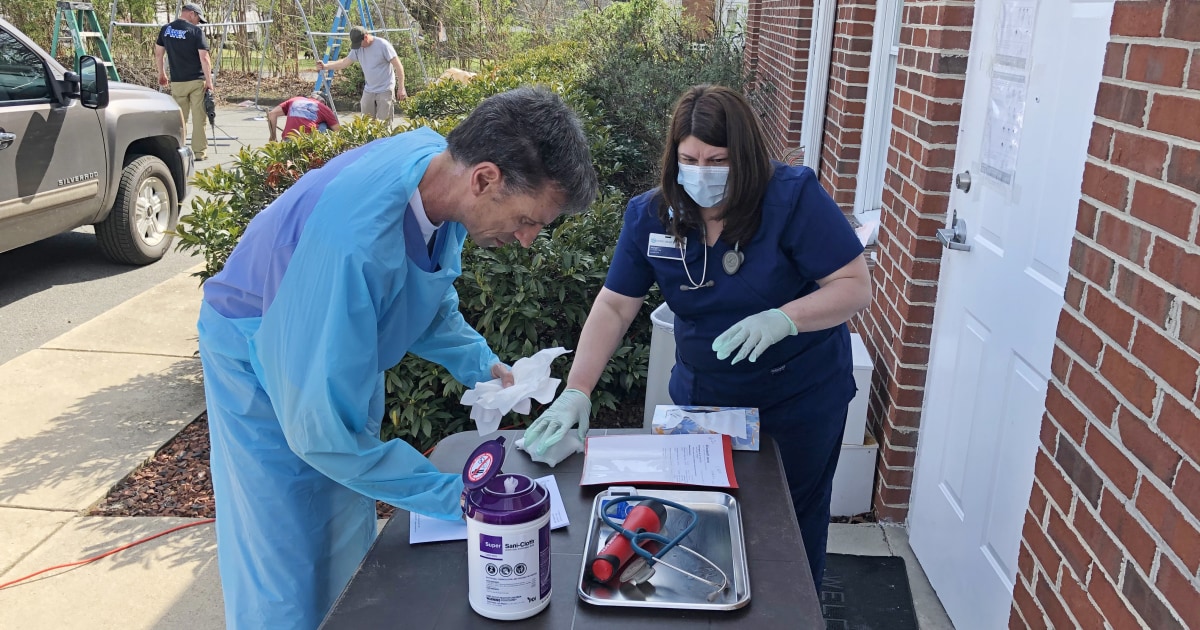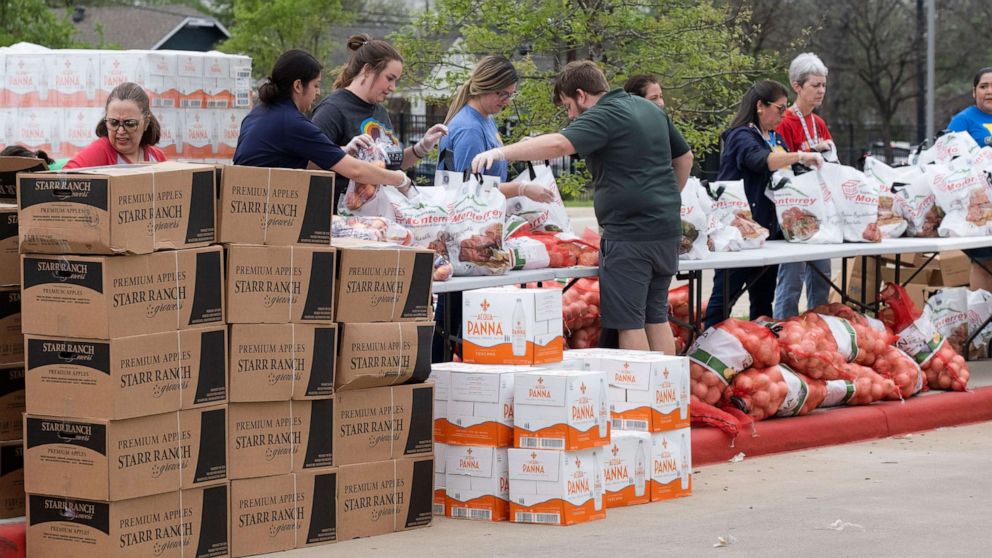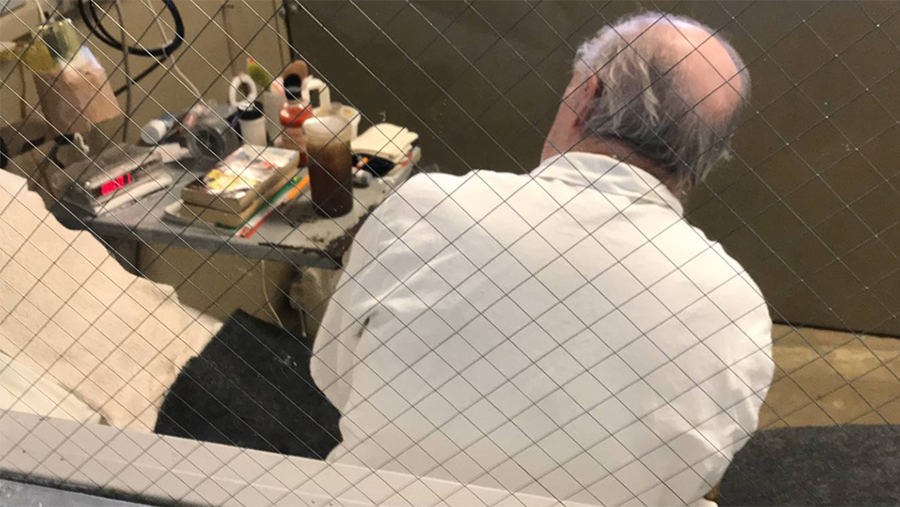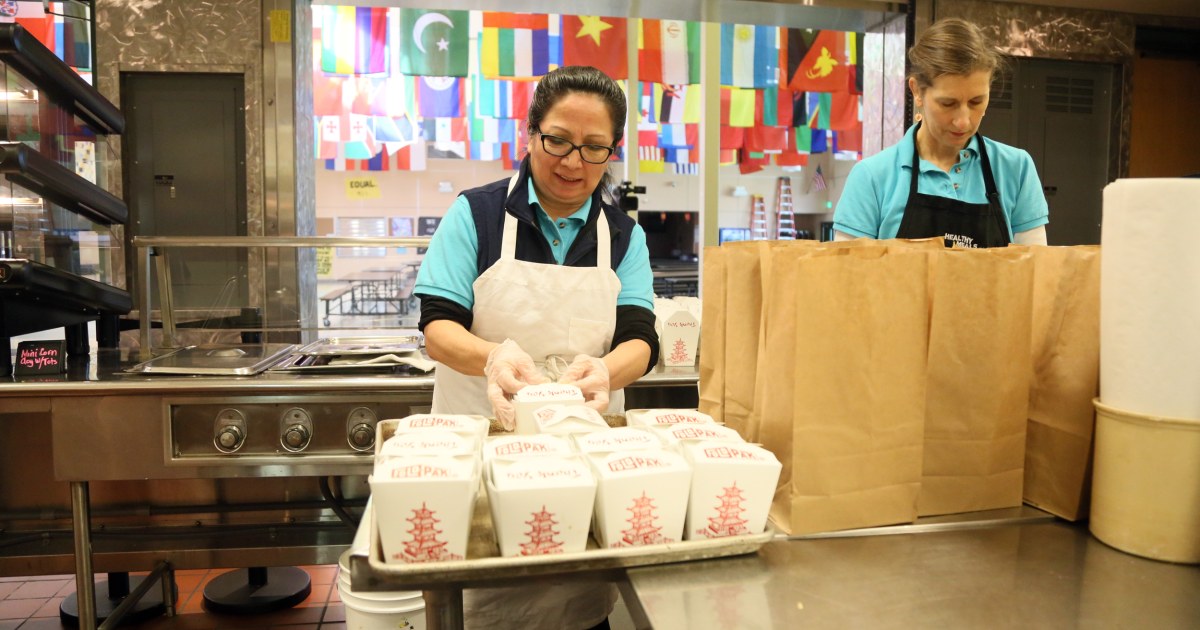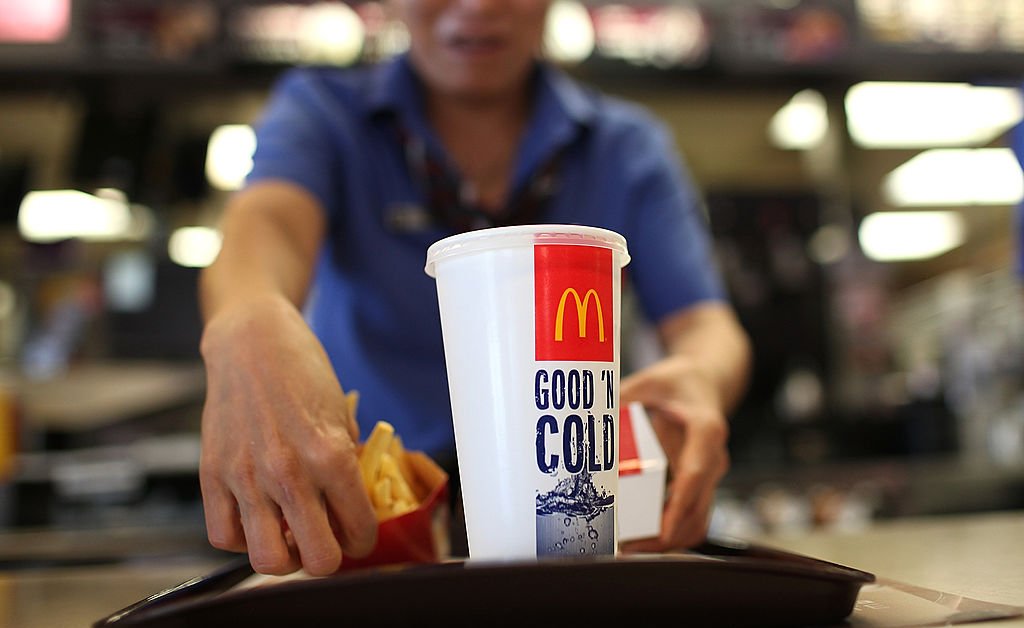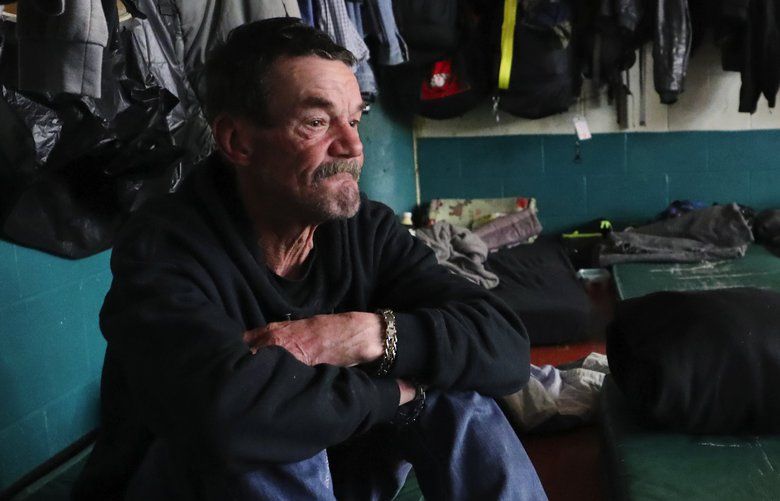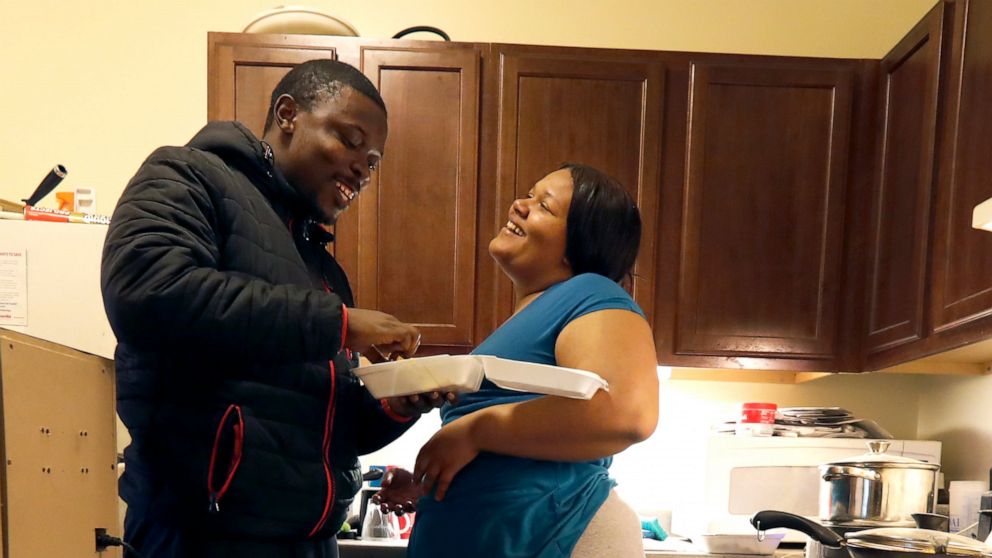The U.S. unemployment rate has likely risen to 5.5 percent already — a level not seen since 2015.
The number of Americans applying for jobless benefits soared to an unprecedented 3.3 million last week.
People of color make up a disproportionate share of workers in the industries where layoffs are the most intense and only expected to get worse.
140 million Americans who are considered poor or low-wealth and could not afford a $400 economic emergency.
“This outbreak is going to bring to light and highlight really strongly the types of disparities and the gaps in our health care system that leave people vulnerable,” one expert said.
Trump administration policies that discourage immigrants from coming forward could hamper efforts to contain the epidemic.
To avoid going out in public, many are turning to online ordering and delivery for basic necessities like groceries. But the coronavirus has created
Schools are scrambling to provide meals to students during the COVID19 emergency but some officials say they face regulatory confusion.
Thousands of students living in shelters and doubled up in overcrowded apartments have not received web-enabled devices for online learning.
“You’re going to see devastation that’s unbelievable.”


